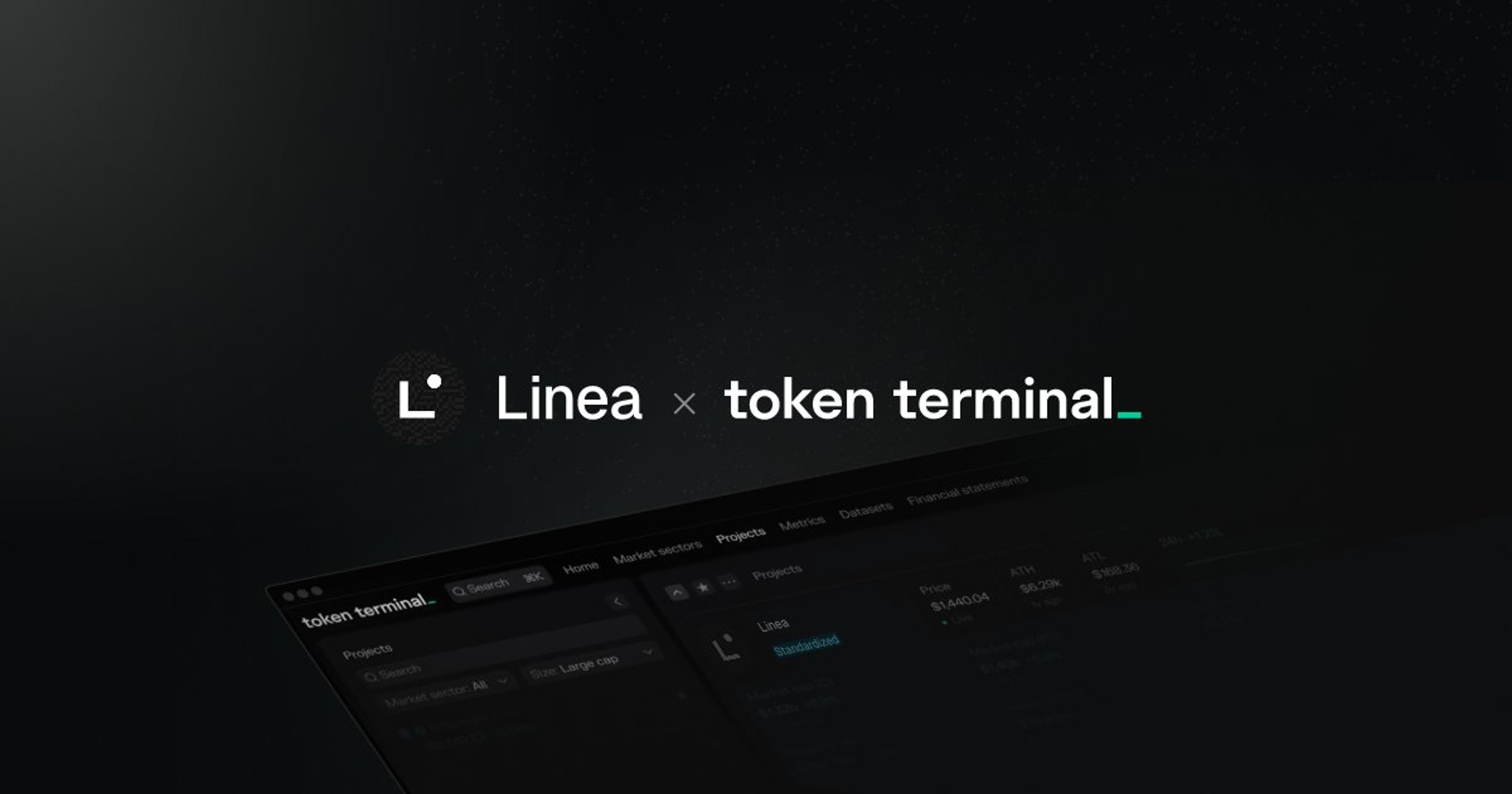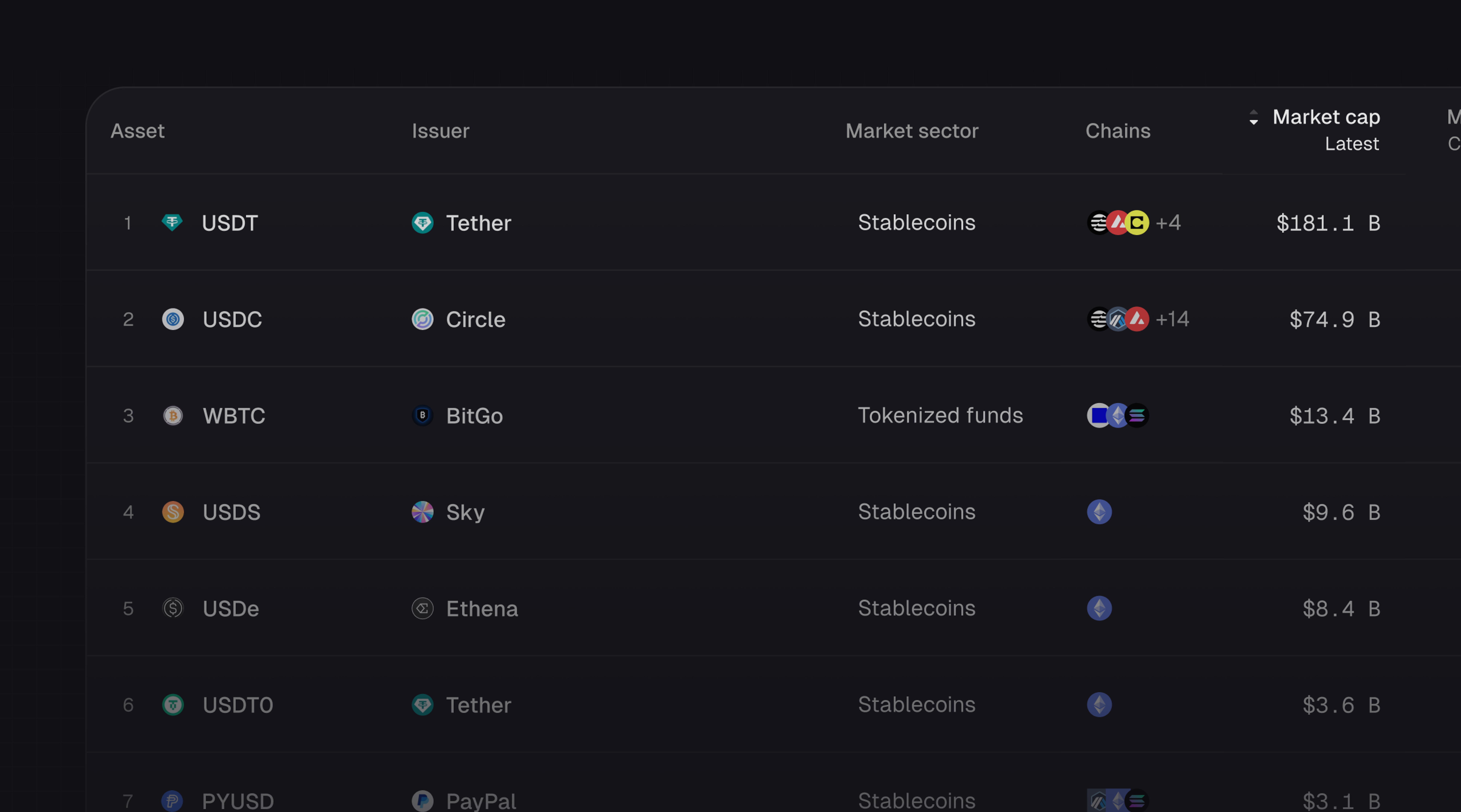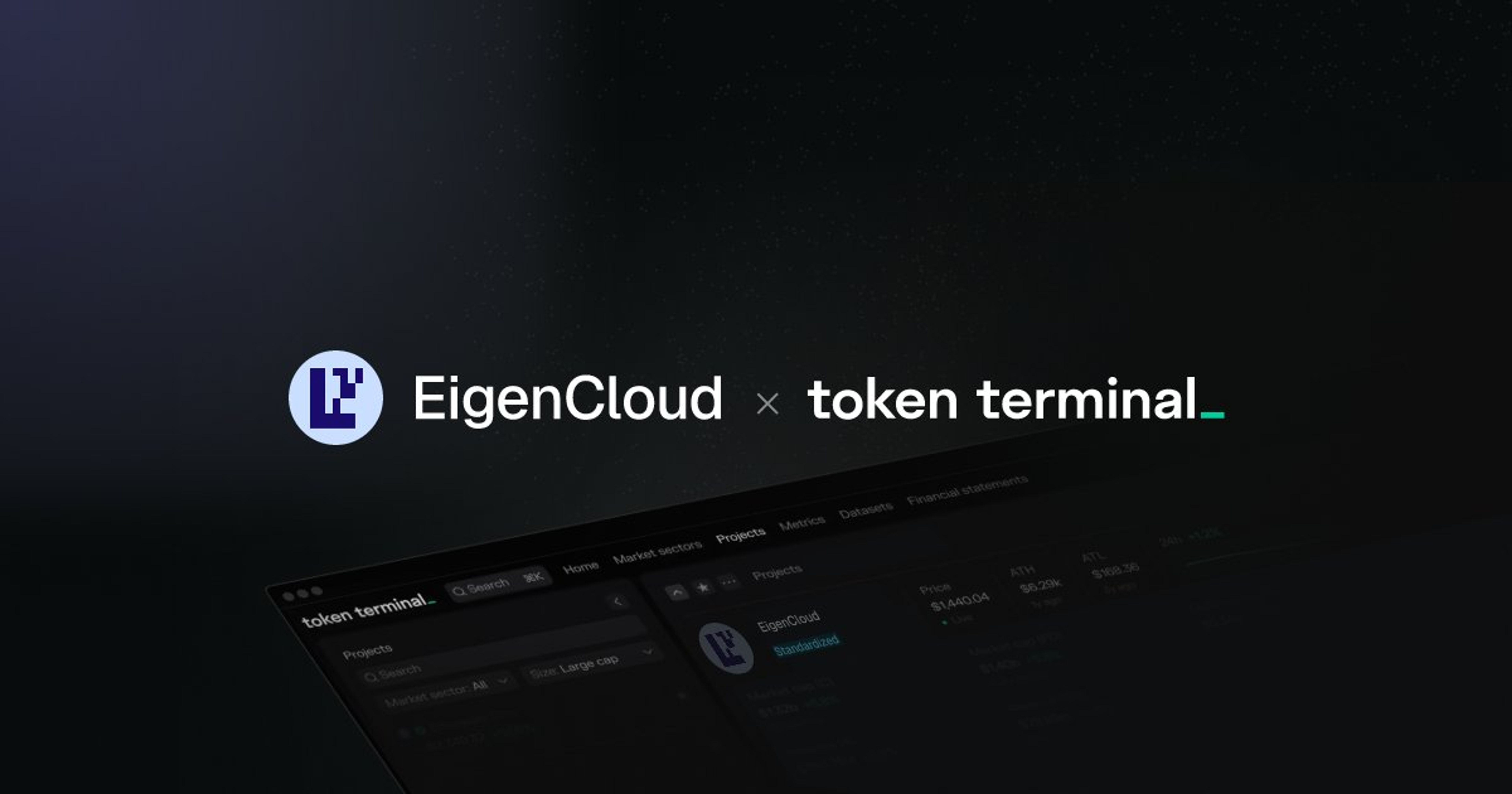Engineering
In this post, we’ll use Ethereum as an example to highlight the crucial difference between full nodes and archival nodes

At Token Terminal, we run node infrastructure for a wide range of blockchain networks, including Ethereum, other EVM chains, and non-EVM chains. While each network has its nuances, one thing remains constant: the role nodes play in ensuring blockchain transparency and reliability. In this post, we’ll use Ethereum as an example to highlight the crucial difference between full nodes and archival nodes—a distinction that matters for anyone concerned with the promises of open blockchains, such as decentralization, openness, and auditability.
Archival nodes are vital for maintaining the full history of a blockchain. They ensure that anyone can access past data for in-depth analytics or audits. Without archival nodes, it becomes difficult to verify historical transactions or trace the complete history of smart contracts—undermining the very principles that make blockchains so powerful.
Differences between full nodes and archival nodes
Blockchain networks, like Ethereum, rely on two primary types of nodes: full nodes and archival nodes.
Full nodes store the most recent blockchain state and prune older data to save space. On Ethereum, a full node typically keeps only the most recent 128 blocks, but this pruning behavior varies across different blockchains. Full nodes are efficient for transaction validation, requiring less storage, typically around 1 TB on Ethereum, but are limited in historical data access.
Archival nodes, on the other hand, store the entire blockchain history, from the genesis block to the present. They inherit the capabilities of full nodes but add the ability to query deep historical data. This comes with a significantly higher storage cost, which depends on the client software being used. For example, an Ethereum archival node on geth may require up to 12-13.5 TB of storage, while a node on reth and Erigon can reduce that to ~2 TB, depending on configuration. The storage needs for archival nodes grow faster than for full nodes over time as more blocks are added to the chain.
Common use cases for full nodes include running decentralized applications (dApps), wallets, or participating in Ethereum's staking/validating processes. They provide the most up-to-date network state and are essential for everyday operations. Archival nodes are indispensable for running block explorers, analytics platforms, historical audits, or services that require querying full blockchain history.
Why archival nodes matter
Archival nodes are essential for preserving the transparency and verifiability that make blockchains unique. They allow anyone to access the full history of a blockchain, making it possible to audit the network, conduct historical analytics, or trace specific transactions and smart contract events.
At Token Terminal, we see archival nodes as fundamental to ensuring that blockchains remain decentralized and open. Without them, we risk losing the ability to fully verify a blockchain’s past—whether it's for financial audits, regulatory compliance, or just maintaining user trust. The trend of relying solely on full nodes, while efficient in the short term, threatens to erode the very foundations of blockchain’s promise: a fully auditable and transparent system.
The authors of this content, or members, affiliates, or stakeholders of Token Terminal may be participating or are invested in protocols or tokens mentioned herein. The foregoing statement acts as a disclosure of potential conflicts of interest and is not a recommendation to purchase or invest in any token or participate in any protocol. Token Terminal does not recommend any particular course of action in relation to any token or protocol. The content herein is meant purely for educational and informational purposes only, and should not be relied upon as financial, investment, legal, tax or any other professional or other advice. None of the content and information herein is presented to induce or to attempt to induce any reader or other person to buy, sell or hold any token or participate in any protocol or enter into, or offer to enter into, any agreement for or with a view to buying or selling any token or participating in any protocol. Statements made herein (including statements of opinion, if any) are wholly generic and not tailored to take into account the personal needs and unique circumstances of any reader or any other person. Readers are strongly urged to exercise caution and have regard to their own personal needs and circumstances before making any decision to buy or sell any token or participate in any protocol. Observations and views expressed herein may be changed by Token Terminal at any time without notice. Token Terminal accepts no liability whatsoever for any losses or liabilities arising from the use of or reliance on any of this content.
Stay in the loop
Join our mailing list to get the latest insights!
Continue reading

Customer stories: Token Terminal’s Data Partnership with Linea
Through its partnership with Token Terminal, Linea turns transparency into a competitive advantage and continues to build trust with its growing community.

Introducing Tokenized Assets
Token Terminal is expanding its standardized onchain analytics to cover the rapidly growing category of tokenized real-world assets (RWAs) – starting with stablecoins, tokenized funds, and tokenized stocks.

Customer stories: Token Terminal’s Data Partnership with EigenCloud
Through its partnership with Token Terminal, EigenCloud turns transparency into a competitive advantage and continues to build trust with its growing community.